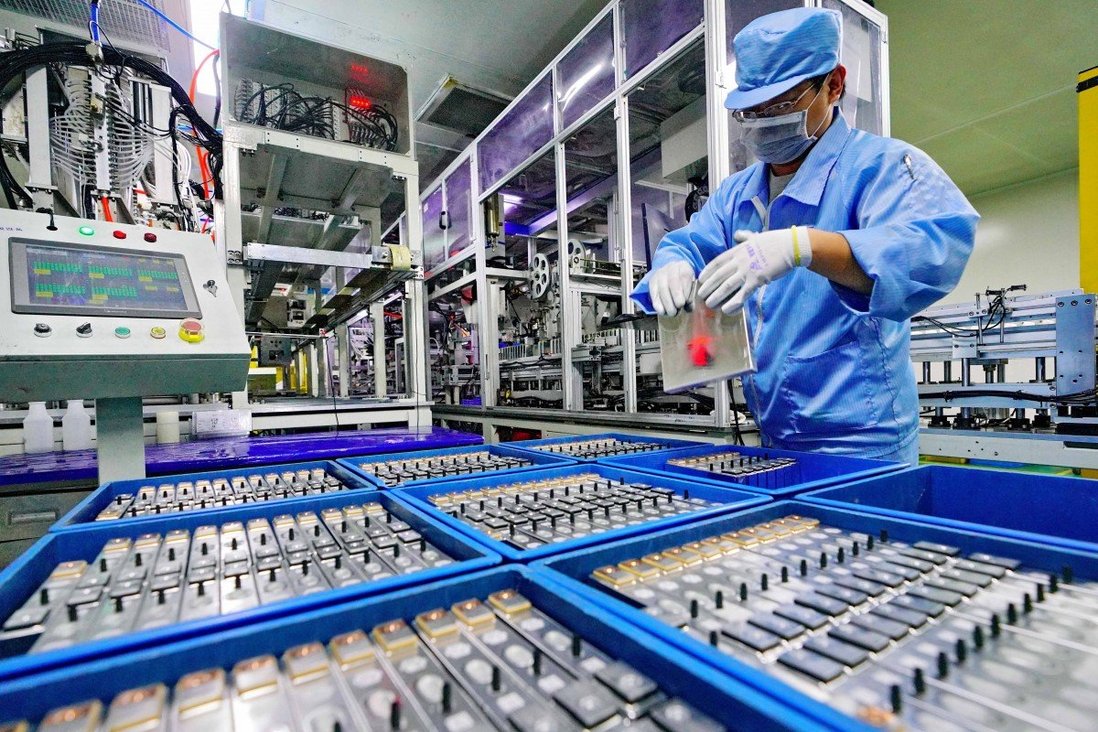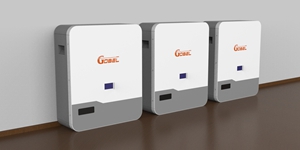HOW DOES A LITHIUM ION BATTERY WORK? A QUIK ANSWER
By Kelly posted 2020-09-24 23:49:42Imagine a world without lithium-ion batteries. First, mobile devices don't work as you know. Mobile phones and laptops will be huge and heavy. In addition, these equipment will be very expensive and can only be affordable by the very rich. This is consistent with the world in the 1980s. It's terrible, isn't it?

Lithium ion batteries now play a central role in our mobile culture. They provide the impetus for many of the technologies we use.
What are the components of lithium ion battery?
A battery consists of a plurality of interconnected single batteries. In turn, each battery consists of three main components: positive (cathode), negative (anode) and liquid electrolyte.
Like alkaline batteries used in clocks and remote controls, lithium-ion batteries provide energy through the movement of ions. The elemental form of lithium is highly reactive. Therefore, elemental lithium is not used in lithium ion batteries. In contrast, the cathode contains metallic lithium, such as cobalt and lithium (LiCoO2) silica. This is the source of lithium ions. The anode contains lithium carbonate. The use of these materials makes sandwich possible. This is a molecule inserted between two other molecules. In this case, lithium ions can be easily inserted or withdrawn from the electrode.
How to charge lithium ion battery?
When the mobile phone's lithium-ion battery supplies power to the device, lithium ion (Li +) is moving from negative to positive. For this purpose, ions reach the positive electrode through the electrolyte. This is where the ions are deposited. On the other hand, electrons move from the anode to the cathode.
This process is reversed when the battery is charged. Lithium ions move from the cathode to the anode, while electrons move from the anode to the cathode.
As long as lithium ions move from one electrode to another, there is a constant electron flow. This is the energy your device needs to work. Because the cycle can be repeated hundreds of times, this kind of battery is called rechargeable battery.
Why are lithium ion batteries ideal for mobile technology?
It's simple. Lithium ion batteries have the highest charge density in similar systems. Therefore, they can provide a lot of energy without being too heavy.
Two characteristics of lithium explain this high charge density. First, it is the most positively charged chemical element. Electropositivity refers to the ability of an element to share electrons to produce positive ions. In other words, it is a measure of how easily an element produces energy. Lithium easily loses its electrons. Therefore, it can easily generate a lot of energy.
Lithium is also the lightest of all metals. As you know, the electrodes of lithium-ion batteries are made of sandwich materials, not real lithium. However, these batteries are much lighter than batteries made of metals such as lead or nickel.
Is there a risk of using lithium-ion batteries?
Lithium ion batteries have very impressive characteristics. However, they also have disadvantages. First, even if they are not used, they will soon run out. A typical lithium-ion battery takes only 2 to 3 years, and such replacement frequency means a huge cost. In addition, the production and disposal of lithium-ion batteries have also had a significant impact on the environment. Therefore, a longer service life will be very beneficial.
As you know, lithium reacts very quickly. Lithium ion battery manufacturers must take certain precautions to ensure the safe use of the public. However, you may have heard that electronic devices, such as laptops or mobile phones, catch fire due to battery failure. This may be a good excuse to postpone an obligation, but it may also create a dangerous situation. For safety reasons, the lithium ion battery includes a separator. This prevents the electrodes from contacting each other. However, if the separator is torn or damaged, the contact between the electrodes may lead to very large heat accumulation. If this heat accumulation produces sparks, highly flammable electrolytes may catch fire.
Fire can easily spread to other batteries in the battery. Suddenly, your laptop becomes a molten plastic puddle. The accumulation of heat will also increase the pressure on the laptop, and then... Bang!
But don't worry. This rarely happens. In fact, lithium-ion batteries are very safe. In addition, research is under way to improve each component of these batteries. For example, researchers have created a liquid electrolyte that becomes a solid when impacted. Therefore, the battery is unlikely to overheat, and if damaged, it is unlikely to catch fire! Soon, lithium-ion batteries may be safer, more durable, or even cheaper.









